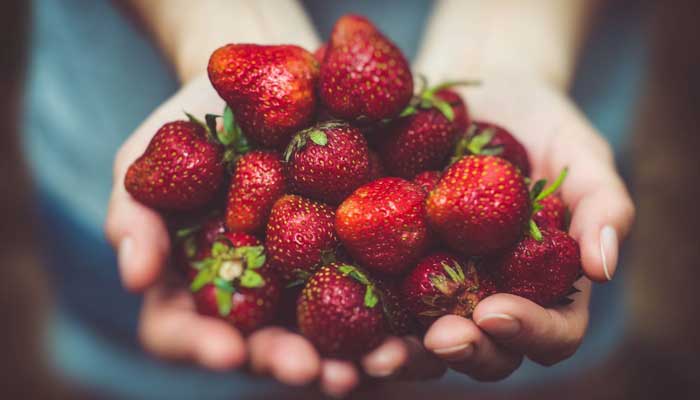Eat these nutrient-rich food for better immunity during winter
Nutritious diet has been deemed especially essential during winter season for number of reasons
January 13, 2025

Taking a balanced diet is important for maintaining overall health throughout the year, however, a nutritious diet is especially essential during the winter season.
Due to less exposure to sunlight during the winter, your body may experience a reduction in vitamin D, reported Healthline.
Moreover, during these colder months, there may also be a need to boost vitamin A and vitamin C.
“Consuming a nutrient-dense diet is important all year. However, giving your body (including your microbiome) the nutrients it needs is essential to help build defenses against cold and flu come winter months,” said Kristin Kirkpatrick, who is a registered dietitian at the Cleveland Clinic Department of Wellness & Preventive Medicine and president of KAK Consulting.
She added: “Vitamin D has been shown in studies to help with supporting immunity, and deficiencies in D have been shown to create a greater susceptibility to infections."
“Vitamin C may play a role in building defenses against colds and can be found in citrus fruits, broccoli, leafy greens, berries, and tomatoes,” she further added.
Additionally, fibre, especially prebiotic fibre as well as probiotics that can be found in fermented foods and dairy plays a role in better gut health, supporting the immune system.
According to research, foods that are high in polyphenols such as extra virgin olive oil, dark chocolate (in moderation), and green tea, can further build strength in the immune system.
In addition, some other essential foods can also be eaten for improved immunity during winters. They are as follows.
Vegetables, specifically root vegetables that tend to grow better in winter months, are good sources of vitamins A, C and K. These vegetables include carrots, Brussels sprouts, Swiss chard, radishes, and rutabagas.
Brussels sprouts are high in fibre, whereas, rutabagas are loaded with potassium.
Oranges, grapefruit, and lemons are among the citrus fruits that are rich in vitamin C as are tangerines and limes.
Strawberries, blueberries, blackberries, and raspberries are all high in fibre and antioxidants and a good source of vitamins C and K1.
Nuts, in particular almonds, can help boost the immune system. They are packed with vitamin E and also contain healthy fats.











